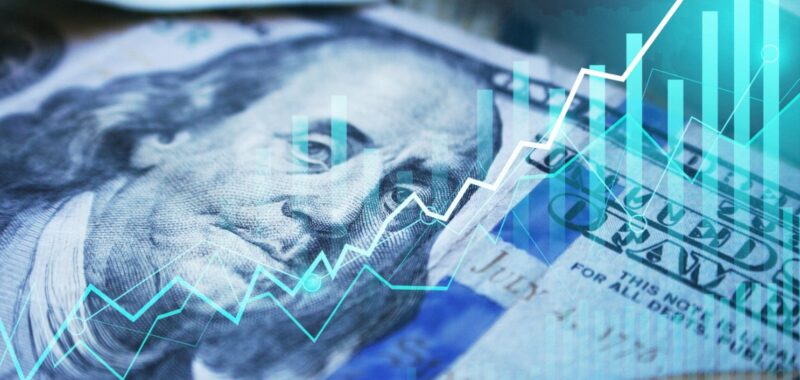DENVER, Colo.—Doom-and-gloom headlines about the U.S. economy have been everywhere. But compared to the rest of the world, the U.S. is exceeding expectations as other global superpowers struggle to find their economic footing, renowned economist Mohamed El-Erian said Monday at the Mortgage Bankers Association Annual Conference & Expo in Denver.
El-Erian, president of Queens’ College with the University of Cambridge in the United Kingdom and chief economic advisor at Allianz, painted a complex picture of the U.S. and global economy, expressing cautious optimism about the general U.S. economic outlook.
But all in all, the U.S. economy is in a “much better place than anybody expected,” he said.
“Most of us thought that with over 500 basis points of interest rate hikes, with China having problems, with Europe having problems, that we would probably see the U.S. economy stalling, if not floating into recession,” El-Erian told the group of mortgage bankers and leaders.
However, the exact opposite has been true.
El-Erian said the U.S. economy has performed “exceptionally well,” giving it a 70% chance of achieving a “soft landing.” This occurs when growth slows but avoids a recession. The remaining 30% risk of a full-blown recession depends heavily on pressures on lower-income households, potential policy missteps and international risk factors such as economic, geopolitical and political instability.
When asked about the Federal Reserve’s monetary policy, El-Erian criticized the central bank’s communication, saying it has “amplified” market volatility rather than being a voice of stability. He urged the Fed to take a more strategic, forward-looking approach to policy and how they talk about it to the public.
“The whole point of forward policy guidance, and this is a very strong tool, is to stick to the way you know,” El-Erian said. “What we see now is forward policy guidance amplifies the way forward, so the Fed has gone from being a stabilizer of the market to being an amplifier. I think they’ve realized this because, increasingly now, they’re starting to talk about moving away from being data-dependent to be more forward-looking.”
Globally, El-Erian said the economic outlook is less rosy. The U.S. stands out as a growth outlier compared to other major economies, with the Federal Reserve likely to keep interest rates higher for longer than its global peers.
Europe is “lagging” behind and faces the risk of too-low-for-too-long inflation, he said. This will require the European Central Bank to keep raising rates. The United Kingdom, he added, is “a total mess” due to policy missteps. Germany is either in or near recession while France isn’t faring very well, El-Erian noted.
China is implementing reforms that will likely keep its growth below 5% for the next two to three years, making it a smaller contributor to global growth. El-Erian praised China’s approach, saying the country recognizes its growth model is outdated and that simply stimulating the economy would have negative unintended consequences.
Beyond monetary policy, El-Erian expressed concern about the U.S. fiscal outlook, warning that the country’s large and persistent budget deficit—roughly 6.4% of GDP—makes the U.S. vulnerable to a sudden market reaction, similar to the recent turmoil in the United Kingdom.
El-Erian also discussed the shifting global trade landscape. He noted a shift away from free trade consensus toward more protectionism and the “weaponization of tariffs,” particularly during this presidential election cycle. He said this trend will likely persist, posing some risk of slowing future economic growth.

